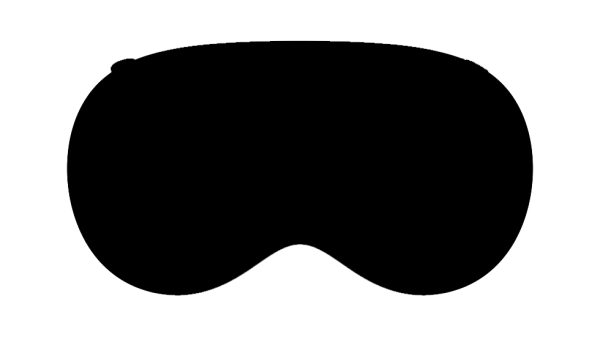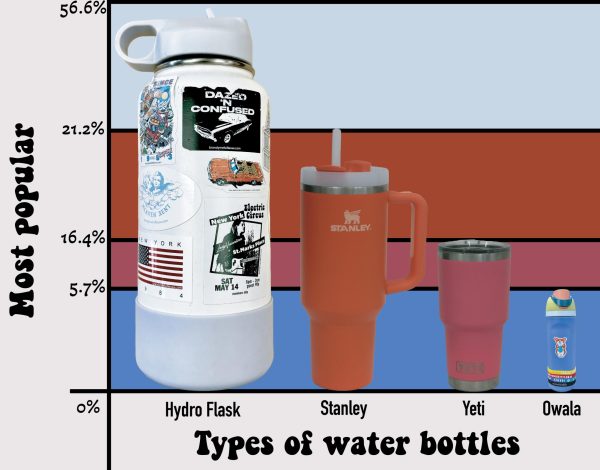Should Drug Users Be Helped or Punished?
January 5, 202014,610 Views
There are better ways to control drug use than to punish the user. Addiction is a disease; people can get addicted to drugs faster and easier than other people due to how people are raised or even their social environment. No one would get punished for having any other kind of disease, so why punish someone for addiction. Not all those who use drugs commit serious crimes. Punishing someone for being addicted isn’t going to help them get better or teach them any kind of coping skills.
Punishing, instead of helping the user, could do more harm than good, for example, it could make the user think that everyone is against them rather than wanting to help them. This isn’t a good thing because they are already going through a lot mentally due to the withdrawal symptoms the drugs cause like anxiety, depression, and hallucinations.
There are places anyone of any age can get help if they are struggling with drug addiction such as aa. There are even free hotlines such as SAMHSA national helpline 1-800-662-HELP(4357) and chat rooms such as the healthful chat that people can go on to get the help they need by talking it out with people that will keep everything confidential. The types of rehab centers vary, there is inpatient and outpatient. Inpatient rehab programs could be very expensive. Some of the more popular programs are up to $20,000 for a 30-day program. But, there are cheaper ways to get help. For an outpatient program, it costs around $5000 to get treatment.
Drug users already go through a lot while their loved ones are trying to get them help; it would make it a lot easier for them to know their family and friends are with them trying to get them to help rather than thinking they are against them and punishing them.
Once addicted to drugs, one may become dependent and unable to stop without serious consequences. Drugs can alter one’s state of mind and degrade the functions of the body, sometimes putting the well being of the user and others in danger. Being as drugs are hazardous to numerous people, the use of narcotics should not go unrecognized.
The repercussions of drug use should be strictly implemented, with the ideals that they would discourage the use, thereby decreasing the amount of unhealthy intake. However, punishments should be taken to an extent, regardless of drug use being a crime, the same punishment may not apply to all users. Therefore implying that when apprehended, the circumstance and means of the user should be taken into consideration.
For those of a younger age, punishment may consist of a warning being placed on their record, educational classes and occasionally suspension of privileges. With that, options may vary for older adults and may consist of harsher or more demeaning repercussions, such as limited job opportunities, frequent drug tests, and community services and (in severe cases) 5-10 year sentences in federal prison. For a moderate crime made by a student-athlete, I think a punishable crime would consist of all contact with their team suspended for two weeks. However, I think parents and school board should have required meetings for any student caught to discuss on and off-campus punishment(s) and how it should be approached. If teachers and public supervisors were to catch an individual taking/on drugs the reaction and procedure should be up to them regarding, warnings, punishment or the involvement of law enforcement. Defining this problem as a disease and one may need help, their actions should be addressed and dealt with for the safety of the community in the form of given help and consequence punishment.










